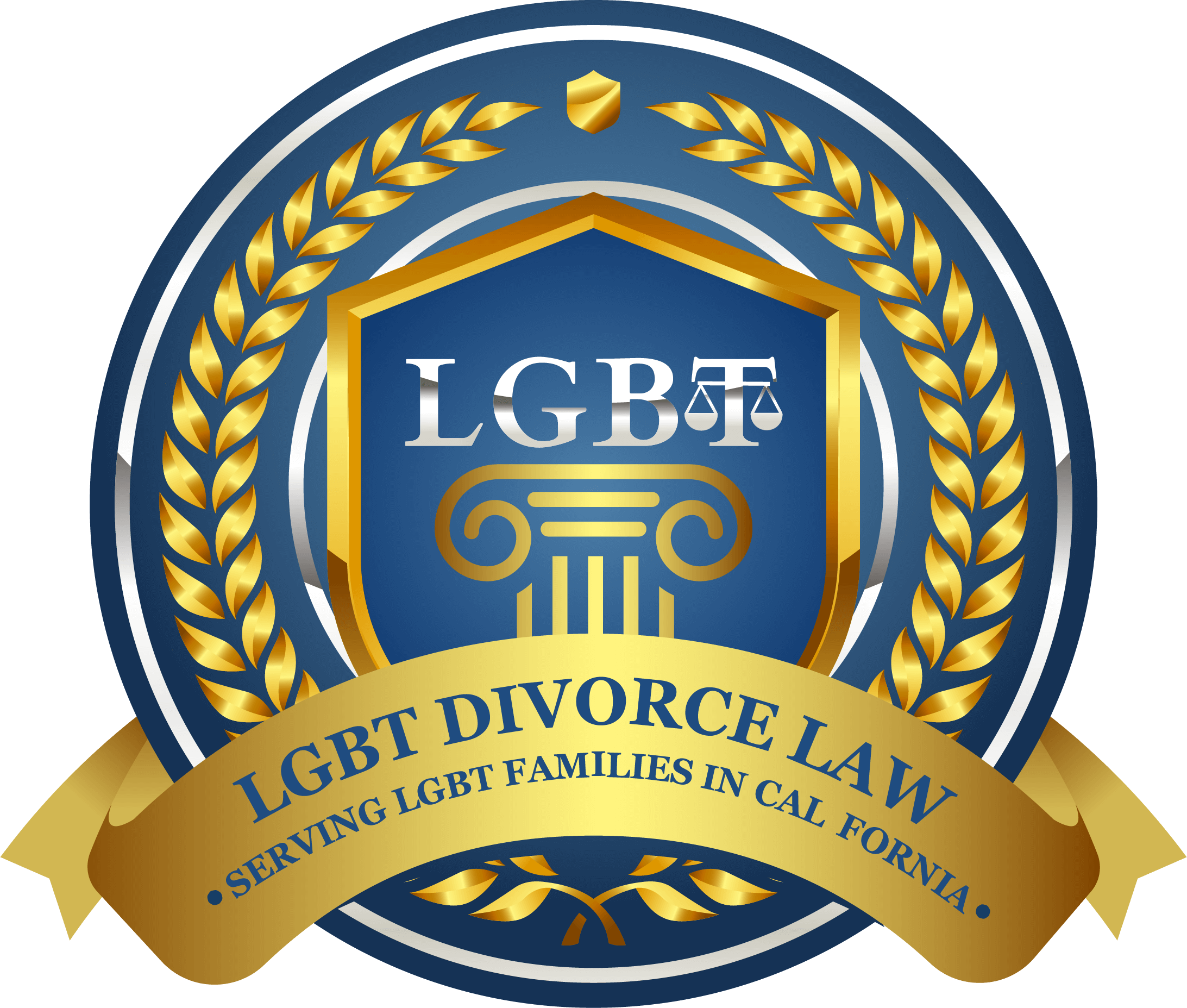Frequently Asked Questions
California courts prioritize the best interests of the child when making custody decisions. Factors considered include the child’s age, health, and emotional ties to each parent, as well as the ability of each parent to provide a stable and nurturing environment.
No, California law does not differentiate between same-sex and opposite-sex parents in child custody cases. The courts base their decisions on the child’s best interests, regardless of the parents’ sexual orientation or gender identity.
Yes, same-sex parents can establish legal parentage for their child in California. This can be done through various methods, such as a voluntary declaration of parentage, adoption, or a court determination of parentage.
In California, child custody can be divided into two main types: legal custody and physical custody. Legal custody refers to the right to make important decisions regarding the child’s upbringing, while physical custody determines where the child primarily resides.
Yes, same-sex parents can share joint legal custody, which means they both have the right to make decisions regarding the child’s education, healthcare, religion, and other important matters. Joint legal custody promotes cooperation and shared responsibility between the parents.
If same-sex parents are unable to reach a mutually agreeable custody arrangement, the court may intervene and make a determination based on the child’s best interests. The court may consider factors such as the child’s bond with each parent, the ability to provide a stable home, and the willingness to facilitate a relationship with the other parent.
Yes, non-biological parents can seek custody or visitation rights in same-sex divorces in California. The courts recognize that the best interests of the child may require maintaining a relationship with a non-biological parent who has acted as a primary caregiver.
Non-biological parents can seek custody or visitation rights by filing a petition with the court. They must demonstrate their existing relationship with the child, their commitment to the child’s well-being, and their ability to provide a stable environment.
Yes, same-sex parents can seek modifications to child custody arrangements if there has been a significant change in circumstances or if it is in the child’s best interests. This may include changes in living arrangements, work schedules, or the child’s needs.
Relocation with a child after a custody order is in place generally requires court approval. The court will consider the child’s best interests and evaluate the potential impact of the move on the child’s relationship with the other parent.
Yes, same-sex parents are entitled to seek child support in California. Child support is determined based on various factors, including each parent’s income, the amount of time spent with the child, and the child’s needs.
Yes, child custody orders from another state can be enforced in California through a process called “registration and enforcement.” This ensures that the custody order issued in another state is recognized and enforced in California.
Please note that the FAQs provided above offer general information and should not be considered legal advice. Laws regarding same-sex child custody may vary, and it is advisable to consult with an experienced family law attorney specializing in same-sex custody matters in California for personalized guidance.










